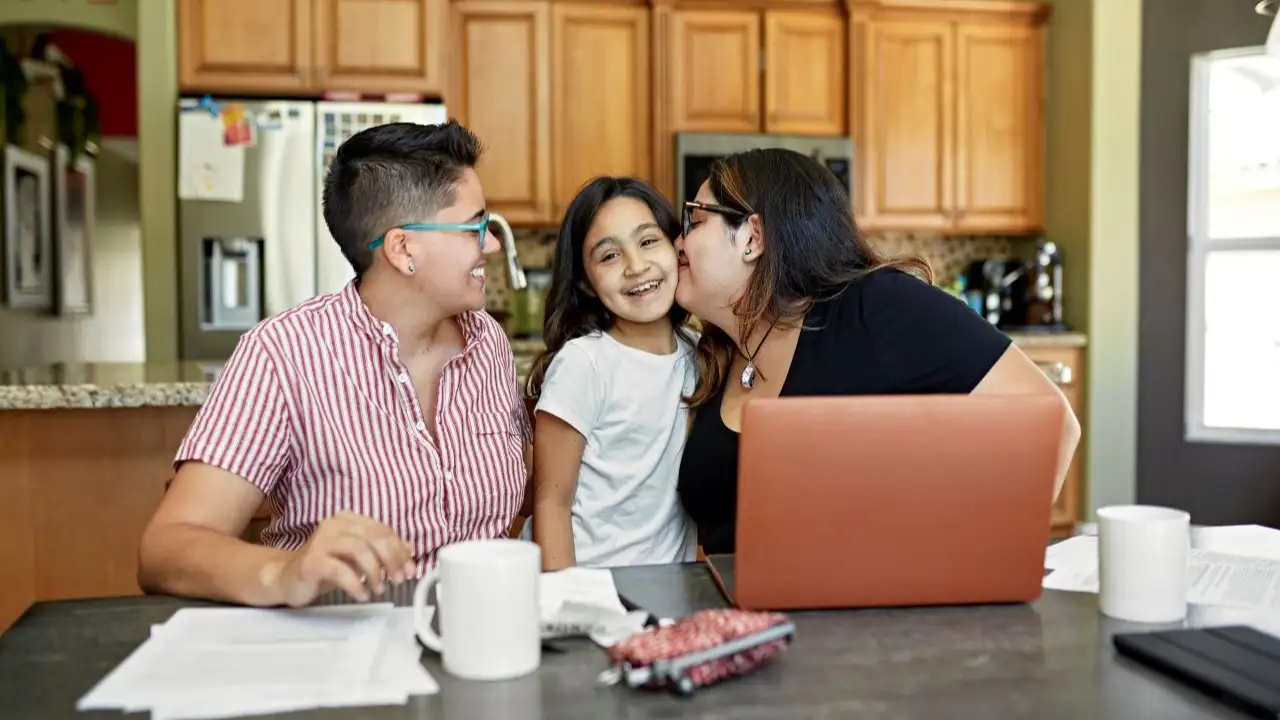
Money Tips & Education
4 common mistakes to avoid when you want to break the paycheck-to-paycheck cycle
Sep 18, 2024
Written by
Reviewed by
Key takeaways:
A paycheck-to-paycheck lifestyle can make it difficult to save money or pay down debt.
If you have debt, it’s important to learn the options for dealing with it.
A change of mindset could help you get closer to your goals.
Living paycheck-to-paycheck can test your creativity skills. When payday hits, you've got to figure out how to make those dollars stretch as far as possible until you get paid again.
Money in the bank is a goal you can reach.
You might even already have a plan for breaking the broke cycle, and that's huge. It means you've started down the path to a better financial situation.
But do you know what not to do? Let's take a look at common mistakes to avoid as you work to get ridout of debt and get ahead financially.
4 mistakes that make it harder to stop the paycheck-to-paycheck cycle
There’s a lot of debate about what it means to live paycheck to paycheck. For simplicity’s sake, we’ll say it means that you have no financial cushion, and you rely on your next paycheck to cover your expenses. You might even run out of money between paydays.
Now that we’ve got that out of the way, here are four don’ts that could make your journey to turn things around more difficult.
1. Don’t rely on a general sense of your spending
The first piece of advice about how to break the paycheck-to-paycheck cycle is usually to make a budget. And that’s great advice, but it’s not enough.
You also need to know exactly where your money goes.
A budget is just numbers on a piece of paper if you don’t live it. And by “live it,” we mean track every dollar. That’s the only way to create a budget that helps you build a financial cushion that could help you break the cycle.
All you need for that is a free budgeting app like MoLO. You download the app and connect your financial accounts to track expenses. You can even set a no-spend challenge in the app to increase the amount of money you have left over at the end of the month. That’s money you could use to pay down debt or create an emergency savings account.
2. Don’t let debt keep you down
Debt makes it harder to break the paycheck-to-paycheck cycle. You’ll have more money to set aside in savings or put toward your upcoming expenses once you knock down your debt.
Dealing with debt is the first step to a more comfortable financial future. You have options:
Debt consolidation loan. Get a new loan and use it to pay off multiple smaller debts.
DIY debt payoff. Choose a debt payoff strategy and commit to it.
Debt resolution. Negotiate with your creditors to accept less than the full amount you owe and forgive the rest.
Debt management plan. Pay off your debts within 3-5 years via a structured plan set up by a nonprofit credit counseling agency.
Bankruptcy. This is a legal process that either wipes out your eligible debts or puts you on a payment plan for 3-5 years. We’re not attorneys and can’t give you legal advice. It’s a good idea to talk with a bankruptcy attorney in your area if you want more information about this option.
Debt resolution, bankruptcy, and debt management plans are mainly for dealing with unsecured debts like credit cards, personal loans, and some private student loans.
Each option offers a different path out of debt. If you’re not sure which one could be right for you, chat with an Achieve debt expert. These are people who are trained to look at your financial situation and help you find the best option to manage debt.
3. Don’t assume you’re too broke to save
It might seem impossible to save money when you live paycheck-to-paycheck. But it’s important to find a way to work this into your budget, even if you only save small amounts.
Why? For starters, building the habit is key. Visualize yourself as a person who saves. Spending every dollar keeps you trapped in the paycheck-to-paycheck cycle where you have no money to spend until your next check comes in.
If you don’t have money saved when an emergency comes along, you may have to go into debt for it.
But what if the next time your tire goes flat, you have the money to fix it?
You can open an emergency fund at many online banks with no money at all. Once you set up your emergency fund, commit to saving a set amount from every paycheck.
Even if it’s $5 a week, that’s still money you’ve saved. And as you watch the balance grow, you can pat yourself on the back for your determination to improve your finances.
4. Don’t tolerate negative self-talk
If you’re reading this, that means you're ready to make a change in your finances. So don’t allow negative thoughts to sneak up and derail you. Beating yourself up for your debt can cause debt stress, which could have a deeper impact on your mental and physical health and your overall well-being.
For example, a lot of people who owe money to credit cards or loans experience debt shame. They feel embarrassed, overwhelmed, or anxious about their debt.
Shame won’t help you when you want to get out of debt. It could even make things worse if you get so caught up in negative thoughts that you freeze and can’t move forward.
If you feel debt shame creep in, consider how you can turn bad thoughts into good ones. Here are a few examples of how you could flip the script.
Negative message | True and helpful alternative |
|---|---|
I’ll never get out of debt | It might take time, but I will be debt-free. |
I’m in debt because I suck with money | Every day I learn how to manage my money better. |
I wouldn’t have this debt if I hadn’t gotten sick/lost my job/had a car accident | I didn’t choose to be in debt, but I can choose how to deal with it. |
Everyone would judge me if they knew about my debt | My debt doesn’t define who I am as a person. |
If you’re not in the habit of using affirmations or personal mantras, it might sound a little woo-woo. But if you want to conquer your debt, you have to change the way you think about your situation.
Don’t let these mistakes stand in the way of your progress
Just because you have a paycheck-to-paycheck lifestyle now doesn’t mean you always will. The most important thing is to stay focused on what you can do with what you have and where you are right now. If you can avoid these mistakes, you can reach your goal that much faster.
Written by
Rebecca is a senior contributing writer and debt expert. She's a Certified Educator in Personal Finance and a banking expert for Forbes Advisor. In addition to writing for online publications, Rebecca owns a personal finance website dedicated to teaching women how to take control of their money.
Reviewed by
Jill is a personal finance editor at Achieve. For more than 10 years, she has been writing and editing helpful content on everything that touches a person’s finances, from Medicare to retirement plan rollovers to creating a spending budget.
Related Articles
Some credit checks affect your score, but others don’t, even from the same lender. We’ll explain when and why credit checks can affect your credit.
Myth-busting: you don’t need to carry a credit card balance to have good credit! Learn how credit utilization affects credit scores.
Ready to take control of your money? Learn what a budget can do for you and how to make one.
Some credit checks affect your score, but others don’t, even from the same lender. We’ll explain when and why credit checks can affect your credit.
Myth-busting: you don’t need to carry a credit card balance to have good credit! Learn how credit utilization affects credit scores.
Ready to take control of your money? Learn what a budget can do for you and how to make one.


